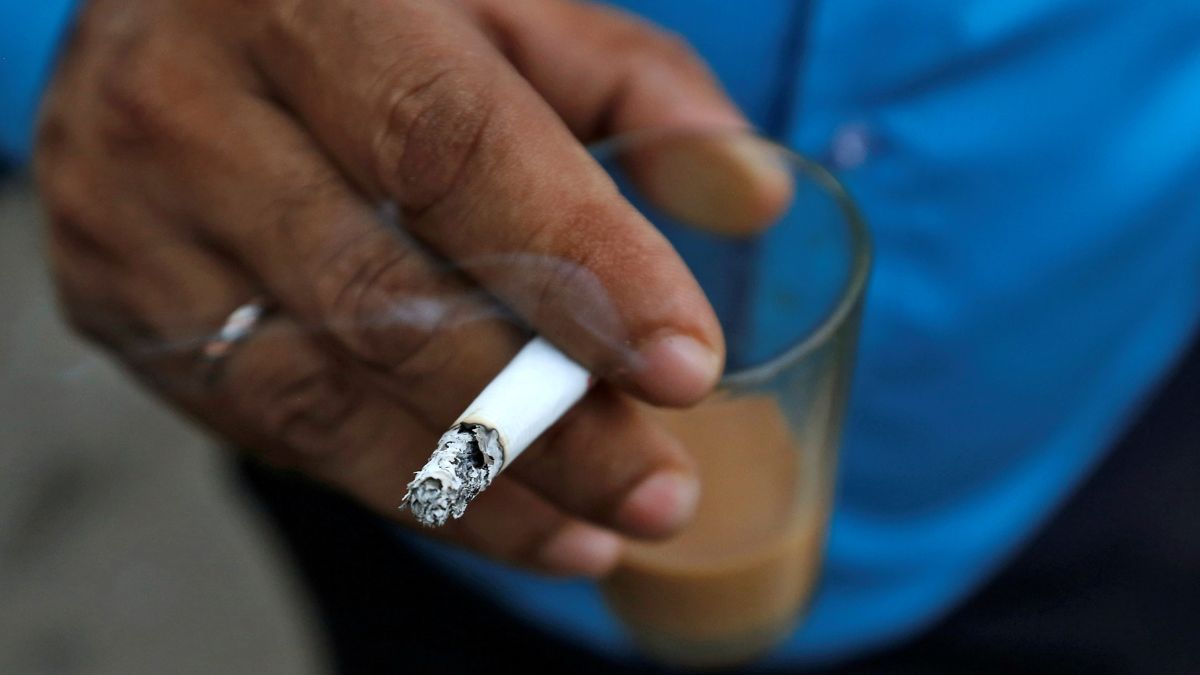Union Finance Minister Nirmala Sitharaman will present her eighth consecutive budget on Saturday (February 1), which could bring relief for the middle class struggling with high prices. While increasing taxes is mostly frowned upon, there are hopes that the Central government will raise this tax to improve people’s health: the sin tax.
As India aims to become a developed country by 2047, a healthy population scripting the growth story is the need of the hour. So, what can we expect as Sitharaman presents the financial plan for 2025-26?
Let’s take a closer look.
What is a sin tax?
A sin tax is levied on products such as tobacco, alcohol and sugary drinks, as well as gambling. High taxes are imposed on these items as they harm public health and the government expects the increased product cost will deter consumption.
Funds collected from this tax are directed towards welfare schemes, healthcare services and addiction treatment programmes.
Catch the live updates on the Economic Survey 2025
Many nations levy sin taxes to generate revenue and push citizens towards healthier choices.
Will Union Budget raise sin tax?
The Central government can increase the National Calamity Contingent Duty (NCCD) on tobacco products in the Union Budget 2025 .
In 2023, the Centre enhanced the NCCD rates on tobacco items by 16 per cent. However, no changes were made to taxation on these products in Budget 2024.
The World Health Organization (WHO) suggest taxes of at least 75 per cent on the retail price of all tobacco products. Despite being a signatory of the WHO Framework Convention on Tobacco Control, India has lower taxes than the recommended minimum limit. The current tax on cigarettes in the country is 52.7 per cent, bidis 22 per cent, and chewing tobacco 63.8 per cent.
In 2022, only 41 countries, accounting for less than 20 per cent of the global population, taxed tobacco products above 75 per cent on their retail price. These included Finland, France, the United Kingdom, New Zealand and Greece among others.
Experts have long been calling for increasing taxes on tobacco products.
“Tobacco-related diseases place an unsustainable burden on India’s health system. Tax hikes have proven globally effective in reducing tobacco consumption,” Dr Alok Thakar, Head of the National Cancer Institute, and Professor at AIIMS, New Delhi, said last December, as per PTI.
He also suggested a higher tax for all tobacco items so that people do not shift to cheaper substitutes.
In December 2024, the Group of Ministers (GoM) on GST rate rationalisation proposed increasing the sin tax to 35 per cent from 28 per cent. However, no such decision was taken during the GST Council meeting at the time.
If the Centre raises NCCD rates on sin goods like tobacco and aerated drinks, it would not only boost its revenue but also bolster public health.
Speaking to Economic Times (ET), Karthik Mani, Partner, Indirect Tax, BDO India, said, “Currently, the highest rate of GST at 28 per cent is levied on luxury goods and goods having [a] negative impact on the society such as tobacco, cigarette, aerated drinks, alcohol, and gambling. Further, considering the sunset clause for compensation cess levied on such goods, it would be inevitable for the Government to consider measures to compensate for [the] loss in revenue collection, such as increasing the tax rates. It is important to note that the decision to hike the rates or to create a new tax rate must be taken by the GST Council. The GST law enables the Government to levy tax rates up to 40 per cent.”
What do industries say?
Companies like ITC, which get 80 per cent of their net profit from cigarettes, would not be happy about higher taxes.
As per the ITC’s annual report, high taxation on tobacco products has resulted in a rise in the consumption of illicit cigarettes and other less costly alternatives.
Taxation on carbonated drinks has impacted the Fast-moving consumer goods (FMCG) sector. Parle Agro, which makes drinks such as Frooti and Appy Fizz, reported an 87 per cent fall in net profit for FY24, blaming the loss on a 40 per cent tax on sparkling beverages.
“This forced us to reduce the serving size to consumers,” Nadia Chauhan, Joint Managing Director, Parle Agro, told ET.
Whether the government will increase the sin tax or maintain the status quo remains to be seen.
With inputs from agencies


)

)
)
)
)
)
)
)
)



